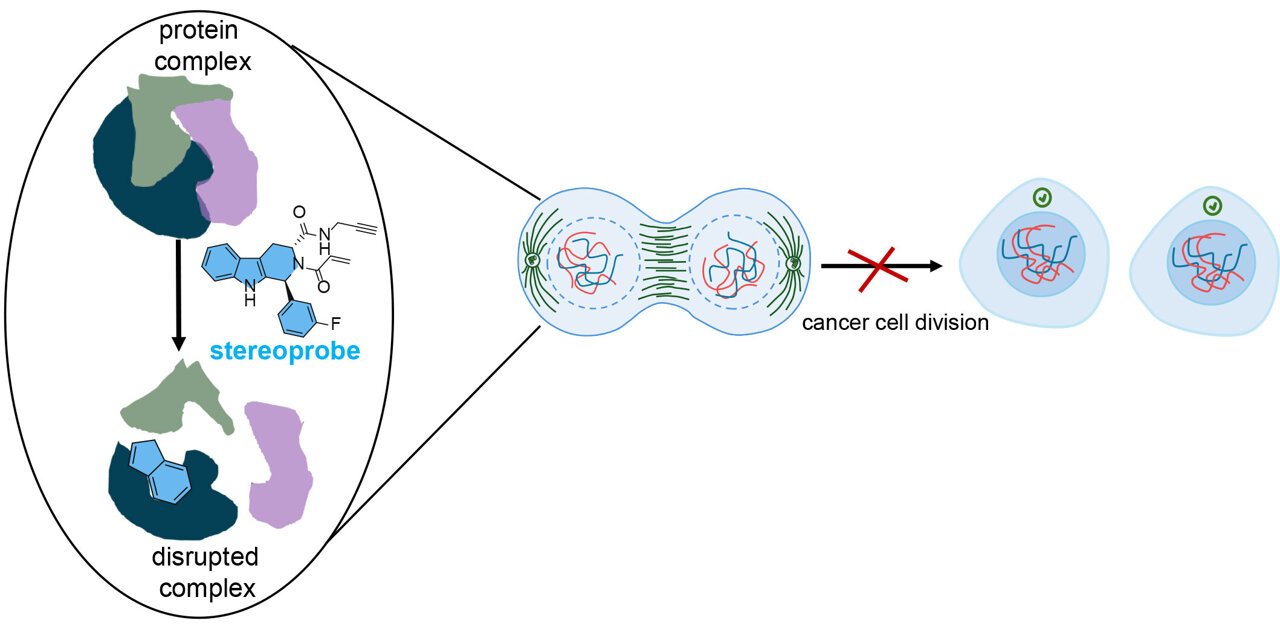
Artificial Intelligence (AI) has revolutionized numerous sectors, from finance to entertainment, and now it is transforming the biomedical field, particularly in the realm of cancer treatment. Recent developments highlight how AI algorithms are being harnessed to design novel proteins that could serve as groundbreaking therapeutic agents. This convergence of AI and molecular biology promises not only to accelerate drug discovery but also to offer precise, personalized treatment options for cancer patients.
Historically, understanding and manipulating proteins—the complex molecules that perform a multitude of functions within living organisms—has been an intricate process. Proteins are composed of chains of amino acids, and their function is dictated by their three-dimensional structures. Designing functional proteins in the lab requires extensive experimentation, often taking years and costing millions of dollars. However, AI-driven approaches are now changing this paradigm, enabling scientists to predict, design, and optimize proteins more efficiently.
The Role of AI in Protein Design
Artificial intelligence, especially deep learning models, has demonstrated exceptional capabilities in pattern recognition and data analysis. When applied to protein structure prediction and design, AI algorithms analyze vast datasets of known protein sequences and structures to learn underlying patterns. This knowledge enables the creation of novel protein sequences with desired characteristics—such as targeting specific cancer cells or modulating immune responses.
Some key ways AI assists in protein engineering include:
- Predicting Protein Structures: Platforms like AlphaFold have revolutionized the prediction of 3D structures from amino acid sequences, significantly reducing the time required for structure determination.
- Designing Therapeutic Proteins: AI models can generate sequences that fold into stable, functional three-dimensional shapes, tailored for specific therapeutic tasks related to cancer.
- Optimizing Binding Affinity: AI algorithms can identify amino acid modifications that enhance binding to cancer cell markers or immune system components, improving treatment efficacy.
This innovative approach accelerates the process from conceptualization to practical application, bringing us closer to real-world clinical solutions.
AI-Designed Proteins: A New Frontier in Cancer Therapies
The potential for AI-designed proteins in oncology is immense. Current treatments such as chemotherapy and radiation, while effective, often come with significant side effects and variable success rates. The emergence of targeted therapies and immunotherapies has marked significant progress, yet challenges remain in designing highly specific and effective agents.
AI-driven protein design is addressing these gaps by:
Developing Targeted Cancer Therapies
Using AI, researchers can engineer proteins that bind selectively to cancer-specific antigens, sparing healthy tissues and reducing adverse effects. These synthetic proteins can function as:
- Targeted antibodies with enhanced specificity
- Engineered enzymes that break down tumor-supporting molecules
- Novel receptor mimetics to modulate immune responses against cancer cells
Creating More Effective Immunotherapies
The immune system plays a critical role in combating cancer. AI has opened avenues to design proteins that boost immune recognition and response. For instance, chimeric antigen receptor (CAR) T-cell therapies can be optimized by designing synthetic binding proteins that enhance their ability to identify and destroy tumor cells.
Overcoming Resistance and Side Effects
Cancer cells often develop resistance to existing therapies. AI-designed proteins can be tailored to overcome these mechanisms, offering adaptable solutions. Furthermore, precision in design minimizes off-target effects, thereby reducing toxicity.
Challenges and Ethical Considerations
Despite these promising strides, several challenges must be addressed:
- Data Limitations: Robust AI models require extensive high-quality data. Gaps in available protein datasets can hinder model accuracy.
- Structural Validation: Predicted protein structures need experimental validation through techniques such as X-ray crystallography or cryo-electron microscopy before clinical application.
- Safety and Regulation: As AI-designed proteins are novel entities, thorough safety assessments and regulatory approval processes are essential to prevent unforeseen adverse effects.
- Ethical Concerns: The ability to design proteins with specific functions raises bioethical questions regarding dual-use research and potential misuse.
Addressing these hurdles requires collaborative efforts between computational biologists, chemists, clinicians, and policymakers.
The Future of AI-Designed Proteins in Cancer Treatment
Looking ahead, the integration of AI in protein design heralds a new era of personalized medicine. Some anticipated developments include:
- Precision Oncology: Tailoring protein-based therapies to individual genetic and tumor profiles for maximum efficacy.
- Rapid Response Platforms: Developing AI tools capable of swiftly designing proteins in response to emerging cancer variants or outbreaks.
- Multi-Functional Proteins: Engineering multifunctional proteins capable of targeting multiple pathways simultaneously, reducing tumor escape mechanisms.
- Combination Therapies: Integrating AI-designed proteins with existing treatments to enhance overall therapeutic response.
Moreover, ongoing advancements in AI hardware, computational power, and data sharing are poised to accelerate these innovations further.
Conclusion
The advent of AI-designed proteins signifies a pivotal advancement in cancer therapeutics. By enabling precise, efficient, and innovative protein engineering, AI is not only hastening the development of novel treatments but also paving the way for highly personalized approaches that could transform patient outcomes. While challenges remain, the collaborative efforts across disciplines promise a future where cancer care is more effective, less toxic, and vastly more targeted.
As technology continues to evolve, so too does the potential to harness AI for the betterment of human health. The journey from molecular cyberspace to clinical reality is accelerating, bringing hope to millions affected by cancer worldwide.
For more updated news please keep visiting Prime News World.







